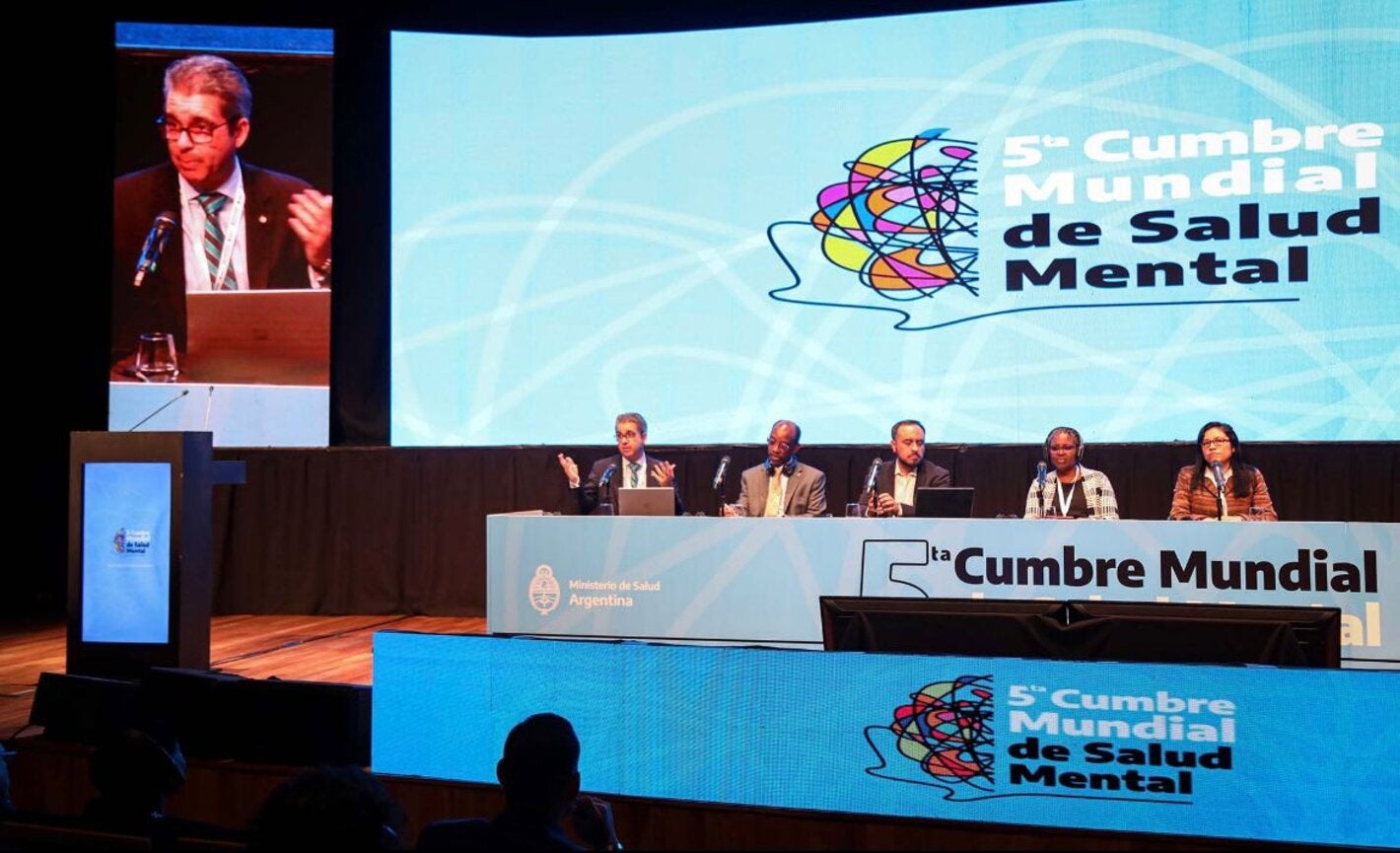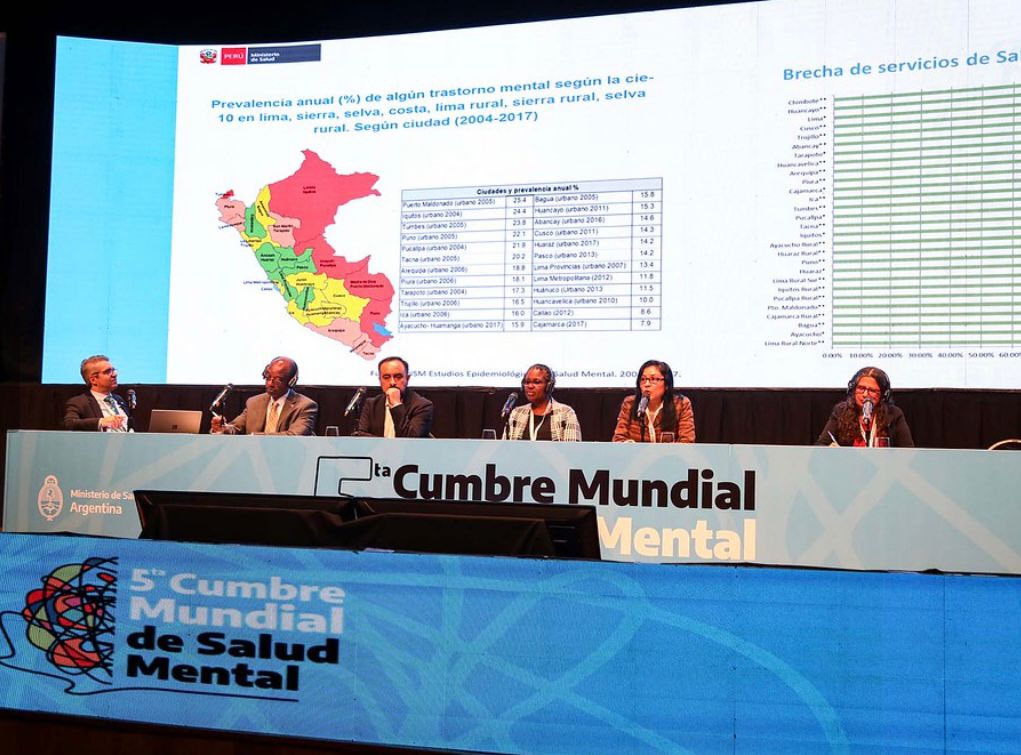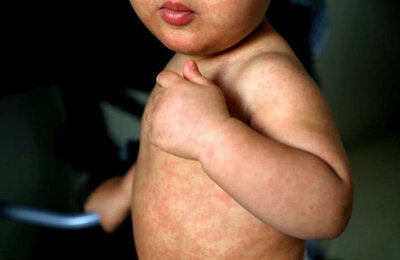
Buenos Aires, Argentina, October 6 (PAHO/WHO) - The Pan American Health Organization (PAHO) coordinated a dialogue with experts from the Region within the framework of the 5th Global Mental Health Summit called, “Strengthening Mental Health Services in the Region of the Americas.” Participating were Dr. Juan Manuel Quijada Gaytán, Head of the National Mental Health and Addictions Commission of Mexico; Dr. Hazel Othello, Mental Health Director of the Ministry of Health of Trinidad and Tobago; Dr. July Caballero, executive director of Mental Health of the Ministry of Health of Peru and Ms. Olivia Cano, a person with lived experience from Paraguay.
“Mental health in all policies implies reaching a consensus and designing public policies that provide responses to the multiple and complex needs of the population in terms of mental health, always from the paradigm of community mental health", said Renato Oliveira, head of the Mental Health and Substance Use Unit, Department of Noncommunicable Diseases and Mental Health at PAHO, who moderated the session and provided opening remarks. “It is essential to expand community services to ensure optimal care within supportive communities,” he stressed.
Panelists highlighted their countries’ achievements in advancing the key pillars of mental health, including governance, legislation, financing, human rights, and community-based services. Dr. Juan Manuel Quijada Gaytán, Head of the National Mental Health and Addictions Commission of Mexico, emphasized that his country is prioritizing mental health in its health agenda. “We have, since 2022, a national suicide prevention program that has reached 40,000 people with suicidal behavior in 2023”.
On the other hand, Dr. Hazel Othello, director of Mental Health at the Ministry of Health of Trinidad and Tobago, focused her participation on governance and leadership and the importance of training human resources. “Not only are we training mental health staff in general hospitals and other levels of care, but we are also training other professionals outside the health sector including police officers”, shared Dr. Othello.
In terms of financing in Mental Health, Dr. July Caballero, executive director of the Mental Health Directorate of the Ministry of Health of Peru, provided details of the strategies applied that led to an increase in mental health financing, going from 200 million soles in 2015 to 720 million in 2023, representing an increase from 1.4% to a 2.4% of the health budget. Peru’s goal is to reach 10% of the budget. “The challenges that continue are to sensitize regional authorities for the inclusion of mental l health care in regional and local policies so that the investment is sustainable, and to generate scientific knowledge for generating policies and plans,” she concluded.
Finally, Olivia Cano shared in first person her experiences in a psychiatric hospital in Paraguay, where she was admitted at the age of 12, and her “journey” towards social reintegration, acceptance, and self-knowledge. “When I left the hospital, I thought “I don't want anyone to pass through this place”.
The regional session was closed by the director of Noncommunicable Diseases and Mental Health of PAHO, Dr. Anselm Hennis, who thanked the panelists and participants and highlighted that improving the provision of services is not only important but essential to address the increasing mental health needs of the population.
“We must strengthen service coverage and care by integrating mental health into primary health care, mobilize human and financial resources for mental health, and ensure a human rights approach to mental health services by implementing laws that align with the principles of international human rights standards and accelerate the transition from psychiatric institutions to care provided within families and communities,” he stated.
Mental health policies have the potential to strengthen recovery processes in the context of critical situations. The emergency context of the COVID-19 pandemic can be understood as a possibility to reinforce and relaunch the processes of transformation and improvement of the care system, making visible the need to structurally integrate mental health into all policies.
Recording of the session
Watch again the broadcast of the plenary (from 00:06:00 to 1:11:00)




